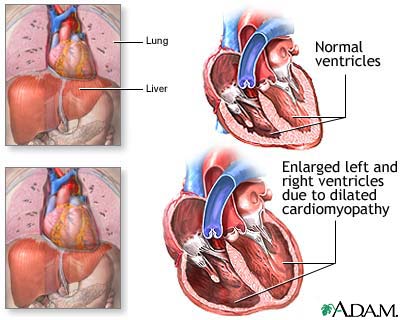Do you know what foods are unhealthy? When examining your diet, it can be difficult to determine what foods are healthy or not.
The most common unhealthy foods include highly-processed items “such as fast foods and snack foods,” says Vilma Andari, M.S. “Highly-processed foods tend to be low in nutrients (vitamins, minerals and antioxidants) and high on empty calories due to the content of refined flours, sodium and sugar.”
Examples of processed foods include:
- Chips
- Cookies
- Cakes
- Sugar cereals
What makes food unhealthy?
“The preparation method and the types of ingredients the food contains make it unhealthy,” says Andari. “Sodium, sugar and fat (saturated fat and trans-fat) are key ingredients one should always monitor when eating out and shopping at the grocery store. The American Heart Association recommends keeping the consumption of saturated fat to less than 7 percent and the consumption of trans-fat to less than 1 percent of an individual’s daily calories.”
Avoid sodium, added sugar
According to the American Heart Association’s 2013 heart disease prevention guidelines, women are smart to shy away from eating foods that contain high levels of sodium and added sugar.
For optimal heart health, the American Heart Association recommends you consume:
- No more than 1,500 milligrams of sodium per day.
- No more than 6 teaspoons or 100 calories of sugar a day for women.
Unfortunately, the average American eats more than double their recommended sodium and sugar intake, consuming 3,600 milligrams of sodium and 22 teaspoons of sugar daily.
How to avoid unhealthy food
Andari offers several pieces of advice for how to stay away from food that is bad for you:
- Choose processed foods carefully.
- Avoid sodium from the six most common salty foods (bread and rolls; cold cuts and cured meats; pizza; burritos and tacos; soup; sandwiches).
- Read food labels and stay away from items that have sugar added, excess sodium and fat.
- Plan ahead and prepare healthy snacks and meals at home made from whole, fresh foods.
- Choose lean meats with less than 10 percent fat.
- Don’t skip meals (this can contribute to snacking on unhealthy foods when hungry).
We are what we eat, but we do not think that what we eat is not healthy, then we wonder why we are fattening, why we have high cholesterol, why we have cancer?
Today's food is very processed, most of it no longer contains fiber, protein, healthy sugars.
Try not to eat food that you can eat while walking.










